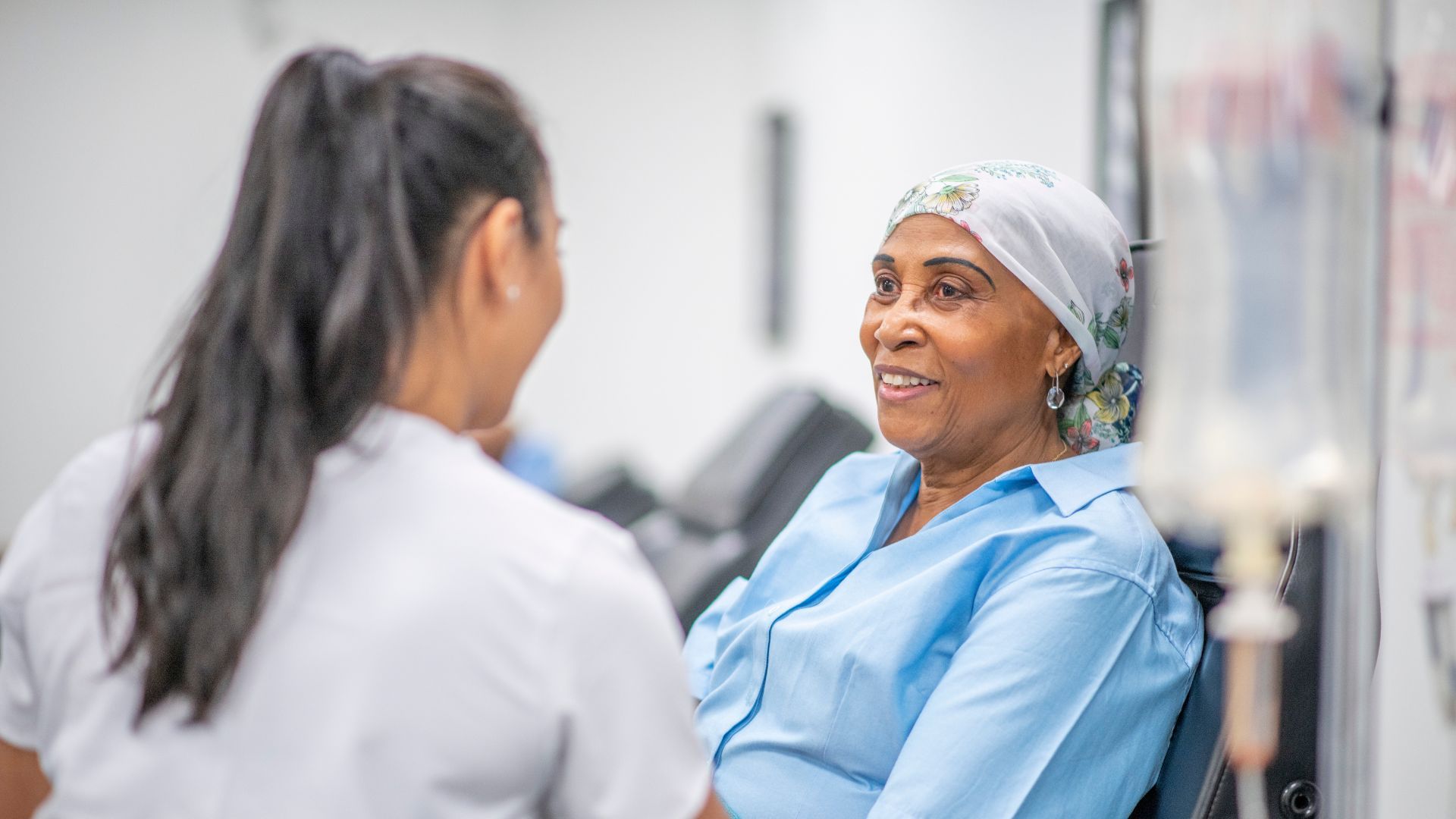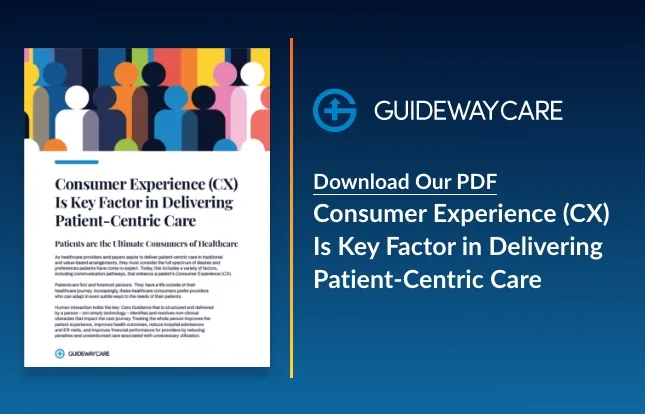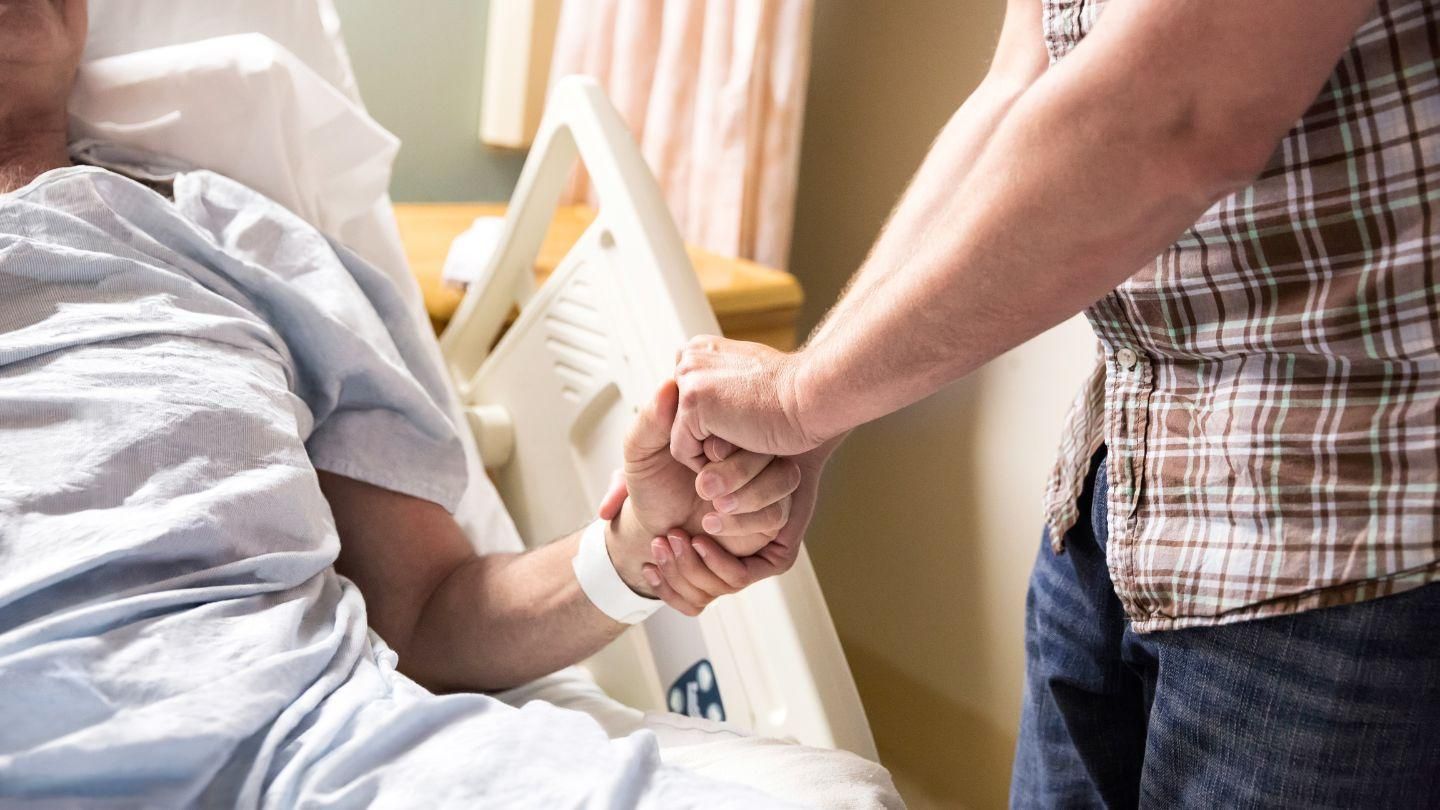New Models for Oncology Care and Their Benefits

Cancer is one of the most complex and costly diseases to treat. According to ASCO, newly approved cancer drugs cost an average of $10,000 per month, with some therapies topping $30,000 per month.
Hence, it is unsurprising that oncologists are under immense pressure to deliver high-quality care while containing costs. One way to address these competing demands is through the use of new models of care delivery, such as value-based care and precision medicine.
Value-based care is a reimbursement model in which providers are paid based on the quality of care they deliver rather than the quantity of care.
Precision medicine is an approach to disease treatment that considers a person’s characteristics, such as their genetic makeup. Value-based and precision medicine can potentially improve the quality of cancer care while containing costs.
Read on to learn more about these new models of care and how they are being used to improve cancer care.
What Are the New Models?
In response to the challenges of providing high-quality, affordable cancer care, a number of new models of oncology care have been developed. These models seek to improve care access, increase providers’ coordination, and reduce costs.
1) The Integrated Model
It is crucial to consider the scientific and business aspects of oncology care when developing new models for care. The Integrated Model, which was developed by the American Society of Clinical Oncology (ASCO), is one model that considers both the clinical and business needs of oncologists.
The ASCO integrated model consists of four key components:
- The ASCO integrated model consists of four key components:
- A multidisciplinary team of experts who work together to provide comprehensive care for patients with cancer
- The use of evidence-based guidelines to ensure that patients receive the best possible care
- A focus on quality and safety in all aspects of care
- An infrastructure that supports the delivery of high-quality, coordinated care
The ASCO model is designed to meet the needs of both patients and providers. It provides patients with access to high-quality, coordinated care from a team of experts. And it allows providers to practice evidence-based medicine and focus on quality and safety.
2) The Collaborative Model
In this model, patients are referred to a multidisciplinary cancer care team, which may be based at a single facility or integrated within the referring institution. The team typically includes oncologists, surgeons, radiation oncologists, pathologists, and other specialists who work together to develop a treatment plan.
The advantage of this model is that patients have access to a comprehensive range of services and specialists. For example, patients treated at a comprehensive cancer center are more likely to receive evidence-based care and participate in clinical trials.
3) The Patient-Centered Model
When patients are focused on as people with individualized needs rather than cancer diagnoses, the care team is better equipped to provide more comprehensive and compassionate care. The patient-centered model also allows for more open communication between patients and providers, leading to improved health outcomes.
The patient-centered model of oncology care has been shown to improve patient satisfaction, communication, and quality of life. It is also associated with improved health outcomes, including decreased mortality and morbidity.
For example, patients who receive care in a patient-centered oncology practice are more likely to adhere to their treatment plan. They are also more likely to understand their disease and treatment options better, leading to improved decision-making about their care.
Guideway Care’s enhancing oncology model (EOM) is a patient-centered, evidence-based care delivery system. Our oncology care model is designed to improve the quality of life for patients with cancer by providing them with the resources they need to navigate their cancer journey.
Contact Us Today To Learn How We Can Help
"*" indicates required fields




